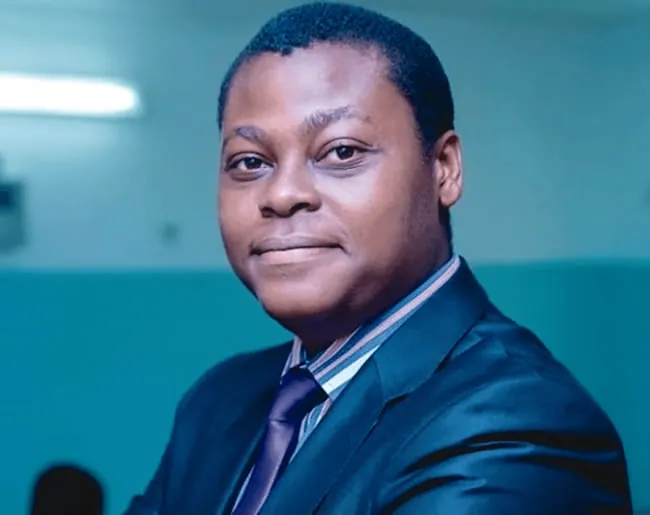Minister of Works, David Umahi, and Arise Television anchor, Rufai Oseni, have once again locked horns in a heated public exchange their second major confrontation in recent months.
The renewed clash, which has since sparked widespread reactions across social media, centres on the Lagos-Calabar Coastal Highway, particularly the cost per kilometre of the newly added Edo section of the ambitious multi-trillion-naira project.
During a recent broadcast, Rufai Oseni questioned the transparency, procurement process, and cost implications of the project, insisting that Nigerians deserve to know how public funds are being spent. He expressed concern over what he described as inconsistencies in the reported figures and the lack of detailed financial disclosures surrounding the highway’s construction.
In a fiery on-air remark, Rufai accused the Minister of Works of having previously reported him to President Bola Tinubu during the project’s commissioning ceremony a claim that added a personal twist to their professional dispute.
“After you reported me in front of President Tinubu at the commissioning, you came on air again to attack me,” Rufai said, maintaining that his criticisms were based solely on accountability and transparency, not personal animosity.
But Umahi, known for his blunt communication style, dismissed Rufai’s allegation with derision, insisting that he had no reason to report a journalist to the President. The minister accused the broadcaster of spreading misinformation and lacking technical understanding of infrastructural projects.
“Who are you? Rufai makes me laugh with his high level of ignorance. He’s too small for me to report to anyone,” Umahi retorted sharply. “People like him should first learn the basics of civil engineering and project management before commenting on things they don’t understand.”
The altercation quickly ignited a wave of online debates, with supporters of both men taking sides. While some Nigerians hailed Rufai for asking tough questions in the public interest, others argued that Umahi deserved respect as a minister overseeing one of the country’s most complex infrastructure projects.
This latest episode deepens the tension between the outspoken journalist and the Works Minister, who previously clashed over the demolition of structures along the coastal highway corridor earlier in the year. Then, too, Umahi had accused Arise TV and Rufai of “sensational journalism,” while the anchor countered that the government was suppressing critical voices.
As the Lagos-Calabar Coastal Highway continues to dominate headlines — with its cost, route, and execution under public scrutiny — the recurring face-offs between Umahi and Rufai have come to symbolize the broader friction between Nigeria’s media watchdogs and those in power, each side claiming to act in the public’s best interest.


